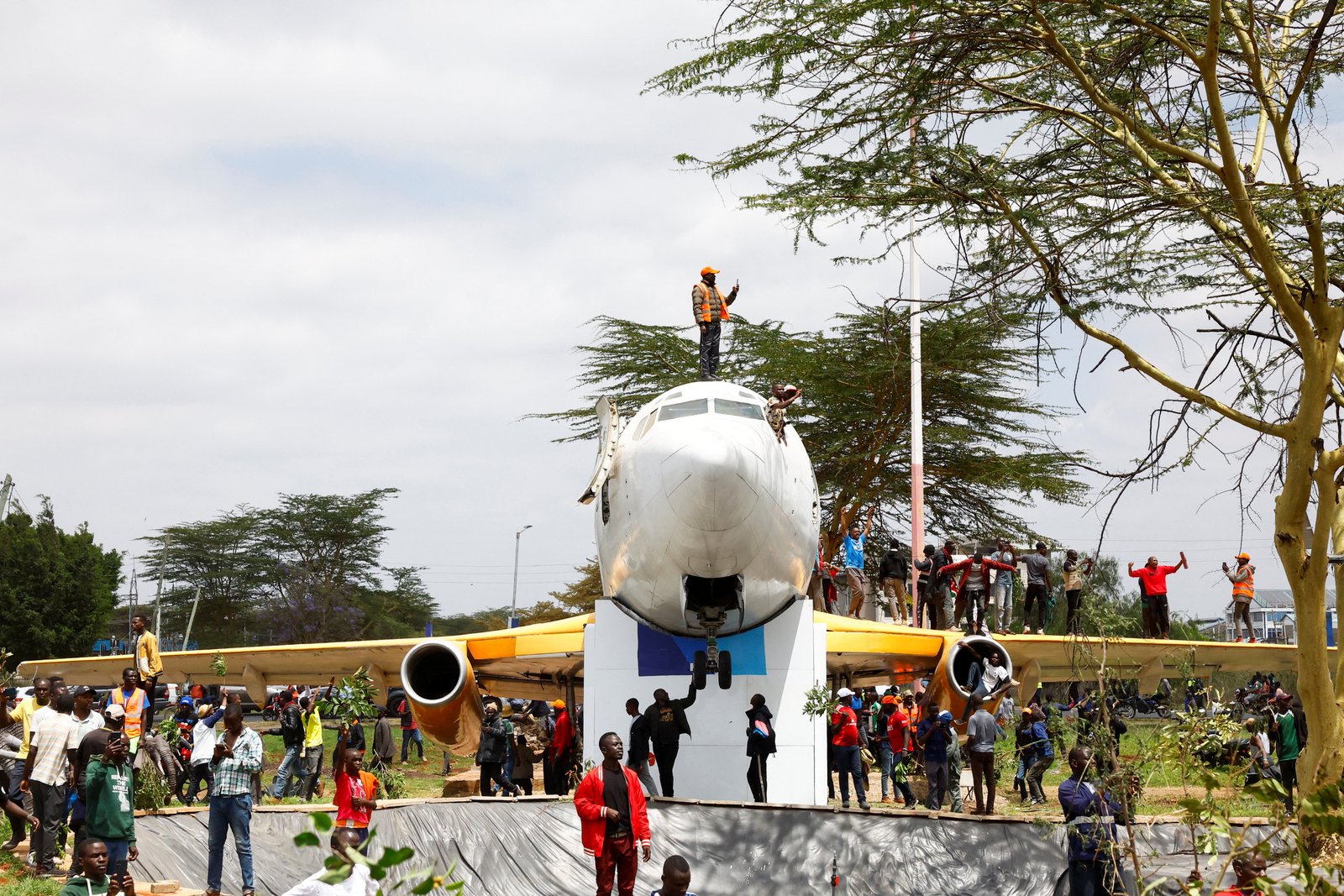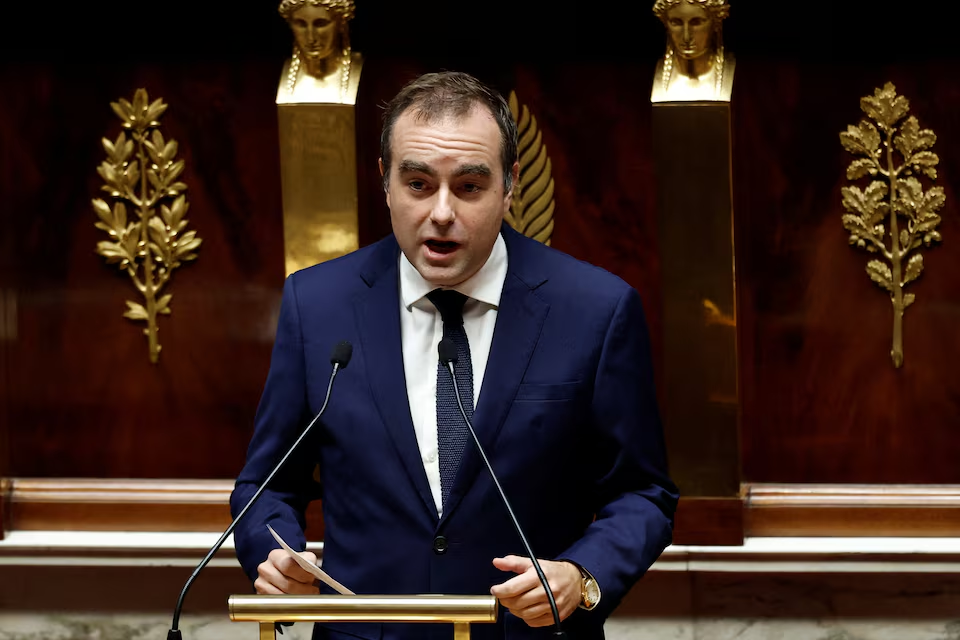During Prime Minister Modi’s brief visit, the Saudi Crown Prince expressed agreement on mutual cooperation in several areas, including energy.
According to a report by the Saudi Press Agency, the two countries agreed to strengthen cooperation in the energy sector, which includes the supply of crude oil and liquefied petroleum gas (LPG).
During Prime Minister Modi’s brief visit, the Saudi Crown Prince expressed agreement on mutual cooperation in several areas, including energy.
During Prime Minister Modi’s brief visit, the Saudi Crown Prince expressed agreement on mutual cooperation in several areas, including energy.
According to a report by the Saudi Press Agency, the two countries agreed to strengthen cooperation in the energy sector, which includes the supply of crude oil and liquefied petroleum gas (LPG).
This joint statement was released following Indian Prime Minister Narendra Modi’s short visit to Saudi Arabia. It emphasized the importance of enhancing cooperation and coordination between the two countries in international organizations and forums — such as the G20, International Monetary Fund (IMF), and the World Bank — to help address the challenges facing the global economy.
The expansion of the Saudi-India Strategic Partnership Council into four ministerial committees was also welcomed.
Leaders from both nations exchanged views on various regional issues, including Yemen. They expressed full support for international and regional efforts aimed at reaching a comprehensive political solution to the Yemeni crisis. The Indian side appreciated Saudi Arabia’s efforts and initiatives in encouraging political dialogue and reconciliation among Yemeni parties.
The Indian side also expressed gratitude for Saudi Arabia’s continued care of the approximately 2.7 million Indian citizens residing in the Kingdom, reflecting the strong bond between the two peoples.
Tuesday’s press briefing was attended by Aseem Mahajan (Additional Secretary for the Gulf), Randhir Jaiswal (Spokesperson of the Ministry of External Affairs), and Dr. Suhel Ajaz Khan (India’s Ambassador to Saudi Arabia).
Regarding the India-Middle East-Europe Economic Corridor (IMEC), which aims to boost trade, Dr. Khan said: “Both leaders agreed that this is a vision beneficial for everyone in the region.”
He noted significant progress since the launch of IMEC in 2023, with Saudi Arabia and India, alongside other global partners, committed to improving infrastructure, including rail and port connectivity.
“This corridor will enhance the flow of goods and services, increasing trade across regions,” he added.
Mahajan also highlighted the growing educational and scientific cooperation, noting that “institutional linkages are expanding” and that efforts are underway to establish joint programs at tertiary and other levels.
Saudi Arabia and India signed four agreements covering space, health, anti-doping, and postal services, involving regulatory and umbrella bodies of both nations.
There was also a joint commitment to establish two oil refineries in India, and agreements to advance cooperation in taxation to encourage investment.
The two countries decided to continue their joint clean energy programs, particularly in electrical interconnections and green hydrogen, with a feasibility study underway to develop grid connectivity.
Khan mentioned that Saudi Arabia is currently India’s fourth-largest trading partner. “Trade was definitely discussed, and both sides are committed to enhancing and diversifying trade,” he said.
Before the press briefing, Modi attended a large gathering of Indian expatriates in Saudi Arabia, where he was given a warm and enthusiastic reception. The event also featured a performance of Kathak, a traditional Indian dance form.










